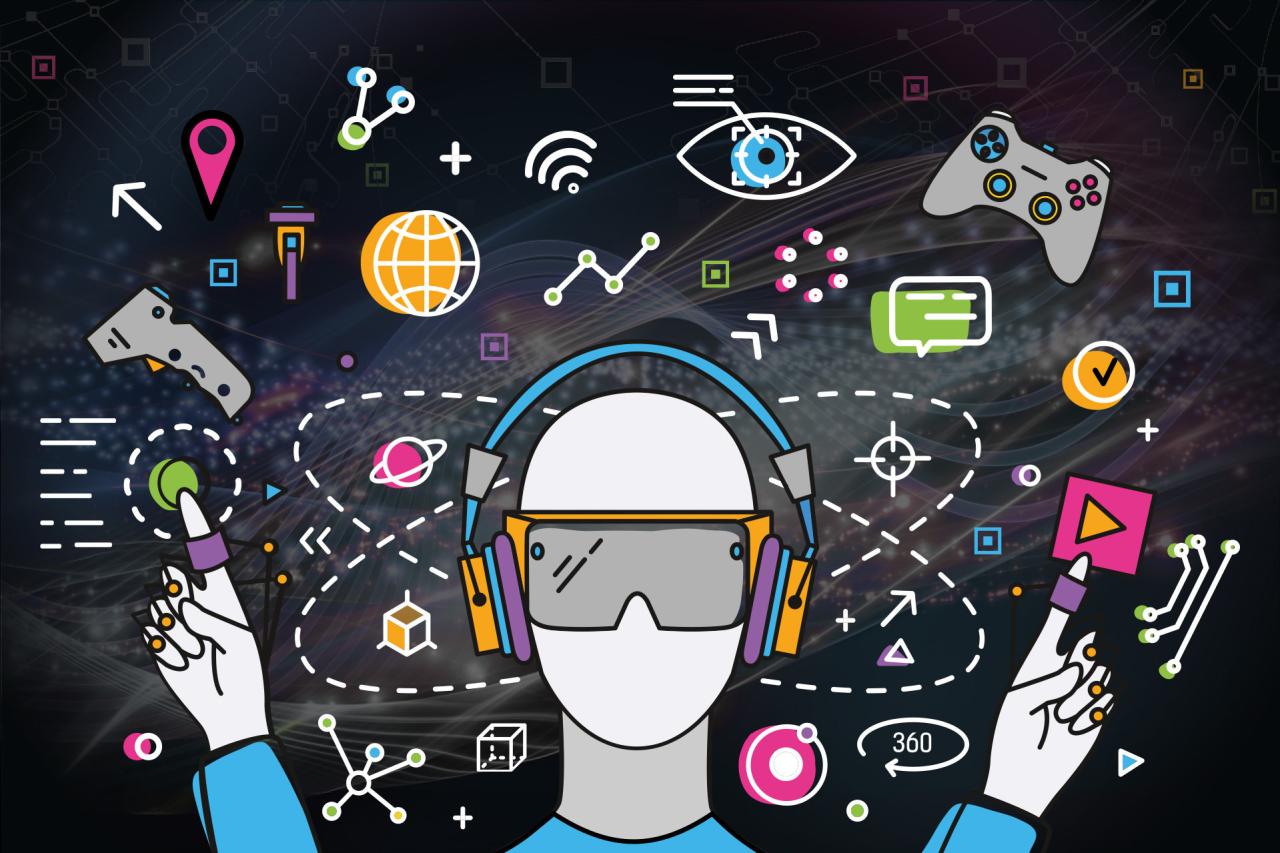

How Technology is Revolutionizing the Entertainment and Media Industry
The entertainment and media industry has undergone a significant transformation in recent years, thanks to the rapid advancement of technology. The way people consume entertainment and media has changed dramatically, with traditional forms of media such as television, radio, and print struggling to keep up with the rise of digital platforms. In this article, we’ll explore the ways in which technology is changing the entertainment and media industry, from production to consumption, and what this means for the future of entertainment.
Production: The Rise of Digital Content Creation
The production side of the entertainment and media industry has been heavily influenced by technology. With the advent of affordable and high-quality digital cameras, editing software, and special effects tools, the barriers to entry for content creators have been significantly lowered. This has led to an explosion of digital content creation, with independent filmmakers, YouTubers, and social media influencers producing high-quality content that rivals traditional forms of media.
The rise of digital content creation has also led to new opportunities for underrepresented voices to be heard. Platforms such as YouTube and Vimeo have democratized the filmmaking process, allowing anyone with a story to tell to create and distribute their own content. This has led to a more diverse range of voices and perspectives being represented in the entertainment industry, enriching the cultural landscape and providing a more accurate reflection of society.
Distribution: The Shift to Streaming and On-Demand Entertainment
The way people consume entertainment has also undergone a significant shift, with traditional forms of media such as television and radio struggling to keep up with the rise of streaming and on-demand entertainment. Platforms such as Netflix, Hulu, and Amazon Prime have revolutionized the way we watch TV and movies, providing instant access to a vast library of content at any time and on any device.
This shift has had a profound impact on the entertainment industry, with traditional TV networks and studios struggling to adapt to the new landscape. The rise of streaming has led to a decline in traditional TV viewing habits, with many people opting to "cut the cord" and rely solely on streaming services for their entertainment fix.
Marketing and Promotions: The Rise of Social Media and Influencer Marketing
The marketing and promotions side of the entertainment and media industry has also undergone a significant transformation, with the rise of social media and influencer marketing. Social media platforms such as Twitter, Instagram, and Facebook have become essential tools for promoting movies, TV shows, and music releases, allowing studios and artists to connect directly with their audiences and build buzz around their projects.
Influencer marketing has also become a key part of the marketing mix, with brands and studios partnering with popular social media influencers to promote their products and services. This has led to a new era of celebrity endorsements, with influencers becoming key tastemakers and trendsetters in the entertainment industry.
Consumption: The Rise of Interactive and Immersive Entertainment
The way people consume entertainment has also changed significantly, with the rise of interactive and immersive entertainment experiences. Virtual reality (VR) and augmented reality (AR) technologies have enabled the creation of immersive entertainment experiences that allow consumers to engage with content in new and innovative ways.
Video games have also become a major form of entertainment, with the industry expected to reach revenues of over $190 billion by 2025. The rise of esports has also led to a new form of competitive entertainment, with professional gamers competing in tournaments and leagues around the world.
The Future of Entertainment: Trends and Predictions
As technology continues to evolve, the entertainment and media industry is likely to undergo even more significant changes. Here are a few trends and predictions for the future of entertainment:
- Personalization: With the rise of AI and machine learning, entertainment is likely to become even more personalized, with consumers able to curate their own entertainment experiences based on their individual preferences and tastes.
- Interactivity: Interactive and immersive entertainment experiences are likely to become even more prevalent, with consumers demanding more engaging and participatory forms of entertainment.
- Virtual Events: With the rise of virtual and augmented reality, live events are likely to become even more immersive and interactive, with consumers able to attend virtual concerts, festivals, and sporting events from the comfort of their own homes.
- New Business Models: The rise of streaming and on-demand entertainment has led to new business models, such as subscription-based services and pay-per-view models. The future of entertainment is likely to involve even more innovative and disruptive business models.
Conclusion
The entertainment and media industry has undergone a significant transformation in recent years, driven by the rapid advancement of technology. From production to consumption, every aspect of the industry has been impacted by technological changes. As technology continues to evolve, the entertainment and media industry is likely to undergo even more significant changes, with new forms of entertainment, new business models, and new ways of consuming media emerging.
One thing is certain, however – the future of entertainment is likely to be shaped by technology, and the industry must adapt to these changes in order to survive. By embracing these changes and innovations, the entertainment and media industry can continue to thrive and provide audiences with new and exciting forms of entertainment.




